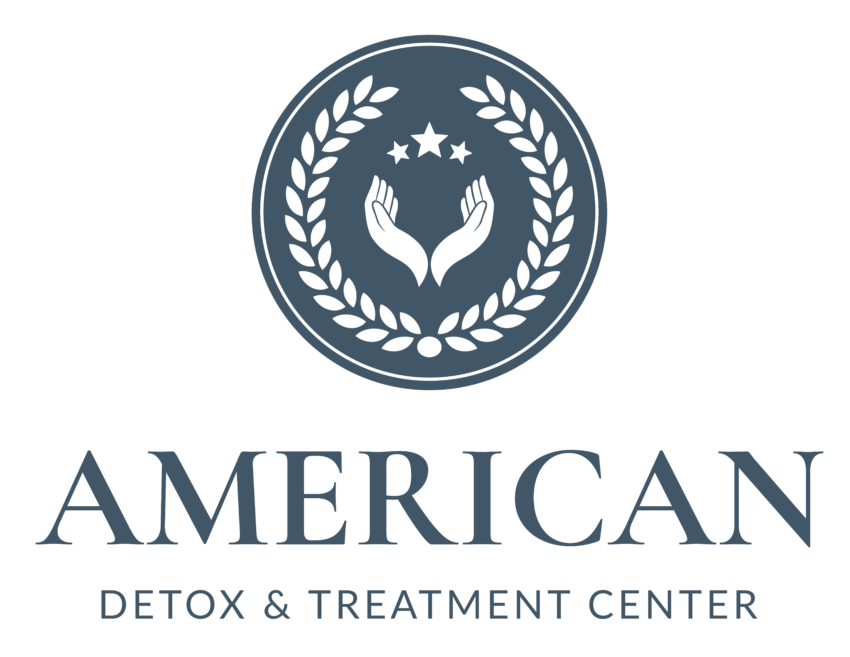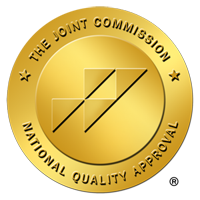Studies indicate that loneliness in recovery is one of the most common feelings that people experience. Addiction is a unique mental health disorder and it can be difficult to transition into sobriety without hanging out with the same people as before or participating in the same activities.
Chances are you will find that most of your time prior was spent acquiring, using, or recovering from drugs and now you have a significant amount of free time. This can leave you feeling vulnerable and lonely but there are ways to overcome loneliness in recovery.
How to Overcome Loneliness in Recovery
Below are some tips for overcoming loneliness in recovery:
#1: Be Proactive
Remember that you need to be proactive. It is not uncommon for people in recovery to feel very lonely, isolated from their old lives and their old relationships, and sometimes unsure how to move forward, but it’s up to you to be proactive about socialization and attendance to things like support groups.
#2: Join Community Organizations or Churches
One way you can be proactive is to join community organizations or churches. These are places where you can find a sense of community, participation in social rituals, and support from people who understand how to find a sense of belonging when you might otherwise feel lonely.
Studies indicate that religion and community organizations like local clubs or groups that you attend frequently, have a significant and far-reaching impact on your life including:
- Better relationships
- Better household stability
- Improved relationships personally and professionally
- Better child-rearing
- Increased school/work attendance
- Increased educational attainment
- Increased satisfaction with choice of living location
- Improved coping skills
- Reduced anxiety or depression
- Improved emotional resilience
Nearly all of the skills that are essential in recovery are things that get acquired through, at minimum, monthly participation in social rituals or religious rituals. So be proactive about joining things that you think you might like and getting to know the people there.
#3: Ask People to Hang Out
When you are in your support groups or part of your community organizations, or local church, ask people to hang out. This goes back to the first tip of being proactive.
You are more likely to find people to participate in sober activities like hiking, snowshoeing, going to an art museum, or taking a walk around the block after class if you connect with someone who is part of your support group or part of a religious organization. But that isn’t to say that you have to limit yourself to those people.
#4: Make Time for Family
Make time for family on a regular basis. Now, this can be a little tricky if you are still mending relationships with your family as part of your recovery, but if you are on decent terms, ask extended family nearby to meet in person for something like a regular Sunday night dinner or Monday night game night.
If your family isn’t nearby, invite family, godparents, or even close friends who are far to participate in distanced activities like a simple family phone call over video so you can see one another and chat to one another while sitting comfortably on the couch or a shared streaming experience where you all watch the same movie at the same time in your different locations and then hang out after to talk about it.
#5: Take a Class/Volunteer
If you can, take a local class either in person or digitally where you have the opportunity to interact with teachers and other students. You can take classes that don’t go necessarily toward an educational degree but toward things that you find interesting.
For example:
- If you have a local art museum, sign up for a painting class or drawing class
- See if your local community college offers classes on an individual basis that you find interesting and take one for the semester
- Sign up for a digital class where you can still interact with other people
- Take a local gardening class over the weekend in your community
- Look online or at a community center for volunteer opportunities in your area like clean up tasks over the weekend at a local park
There are so many opportunities for small classes like weekend classes for one weekend or volunteer opportunities where you can meet other people, gain some perspective, and form relationships that improve feelings of loneliness.
Learning to Overcome Loneliness in Recovery
When you reach out to American Detox and Treatment for treatment, our inpatient rehab program will help you tackle these key skills. Part of our success is creating programs that have things like activity rooms with a basketball court, which encourages socialization while you are at our facility.
We also have a full schedule of individual and group therapy sessions as well as support group participation which can help expose you to the routine of attending support groups and the critical skills of being proactive while in those support groups, getting to know other people.
Call now to learn more about overcoming loneliness and sticking with your recovery.



